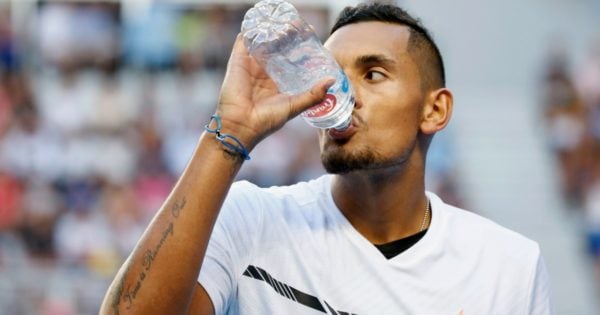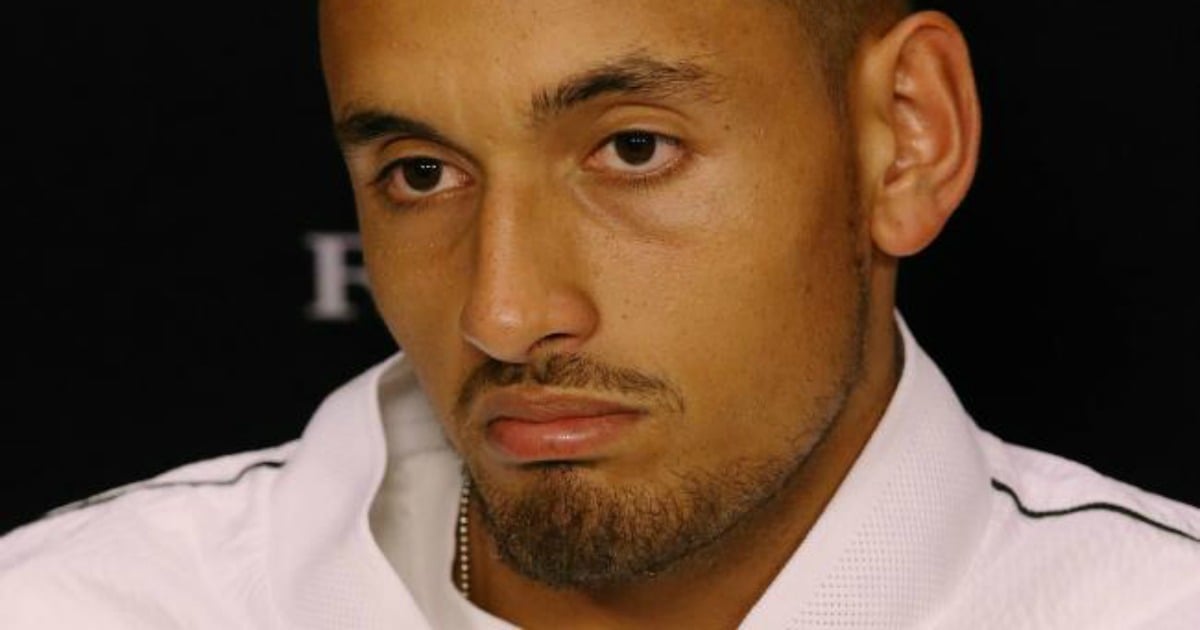Last night, I watched as 21-year-old Nick Kyrgios lost in the second round of the Australian Open to Italian Andreas Seppi.
Well, he didn’t just lose. Kyrgios held a two-set lead, before being aggravated by an ongoing knee injury.
“I didn’t sign up for this bullshit,” he said, eliciting a code violation that marked the beginning of the end for the world number 13.
With the score tied at 3-3 in the third set, Kyrgios threatened to break his racket, attracting yet another violation. His opponent, the world number 89, seemed unphased.



Top Comments
I think he needs to get his brother out of the coach's box. There are not too many brothers who like being lectured to by their brother, especially on the world stage, which is what the Australian Open is. He needs purely professional people around him in the front seats and family further away from his view and hearing while playing. If you look at Lendl, he's not always in his player's face or yelling at him from the sidelines. Even Andy Murray's mother and his wife sit in different part of the player's box. Remember how Murray used to get upset at seeing cameras always focused on his wife. Perhaps, cameras are having the same effect on Nick and who they focus on in his box and it's usually his brother having his say.
I'm conflicted over Nick - on the one hand, I completely understand what you are saying, however, on the other hand, he just comes across a a spolt little brat. I do see a young man who has probably spent his life being the "superstar" of his inner circle, now playing in the big bad real world and he's not coping because he's not #1. Whichever way you look at it though, let's not make excuses for bad behaviour. He is a grown man, and he should conduct himself as such. This is not a one-off isolated situation. McEnroe needs to sit down and close his mouth, he's just embarrassing himself - the ultimate hypocrite given his behaviour in the past.
I don't think Nick will never be at peace or enjoy his career if he doesn't have a passion for it - being good at it isn't enough when you're at the elite level. He needs to decide is he doing this for himself, or is he doing this for his family (or others).